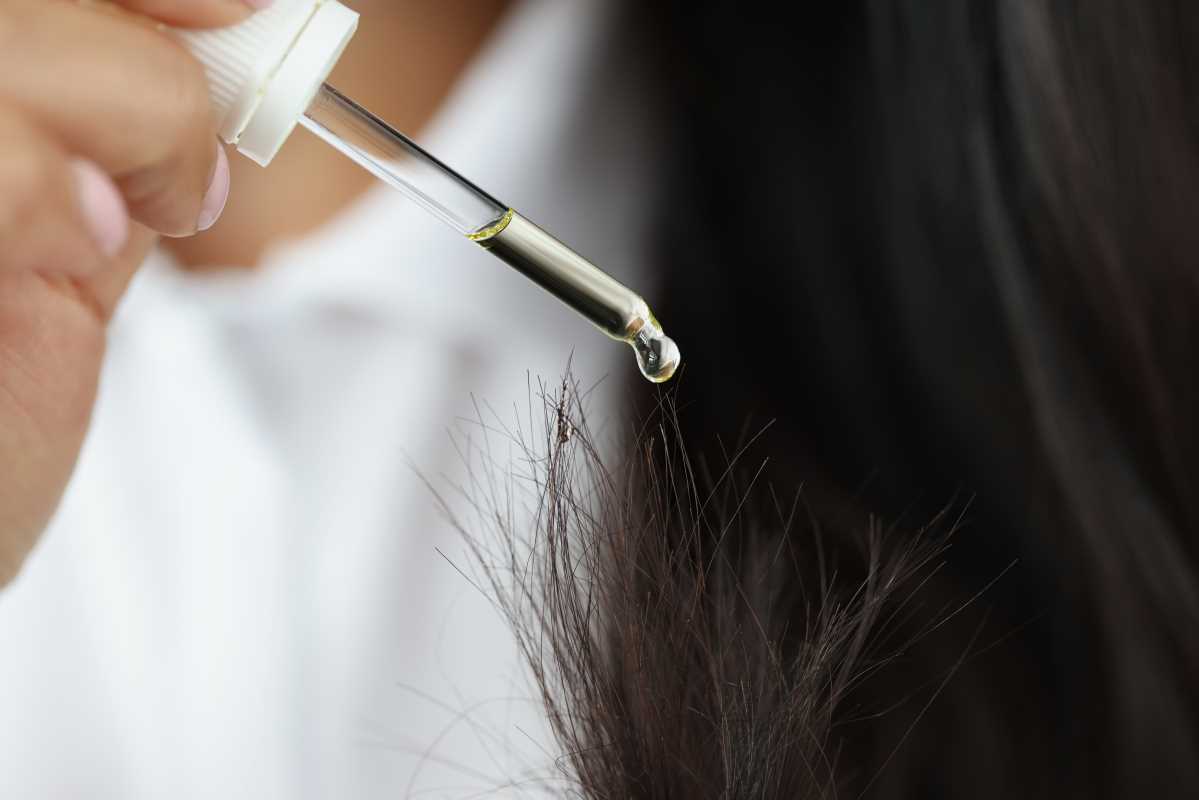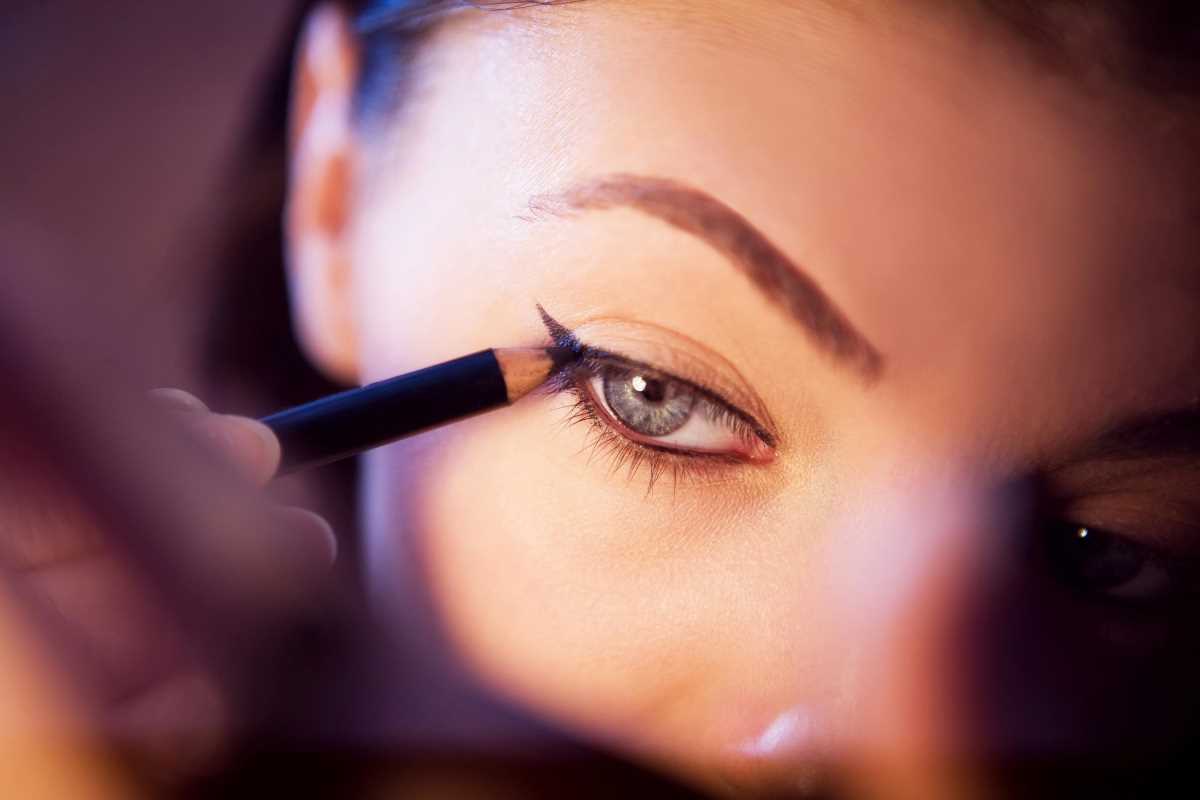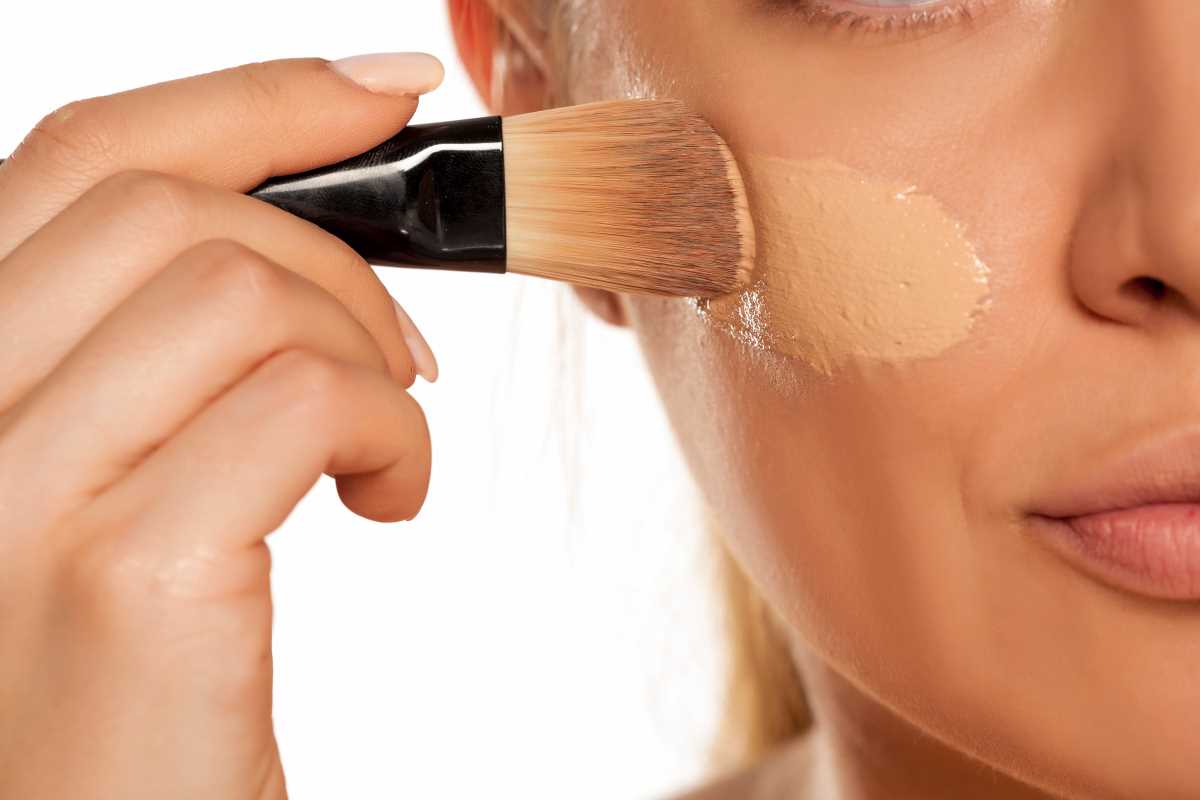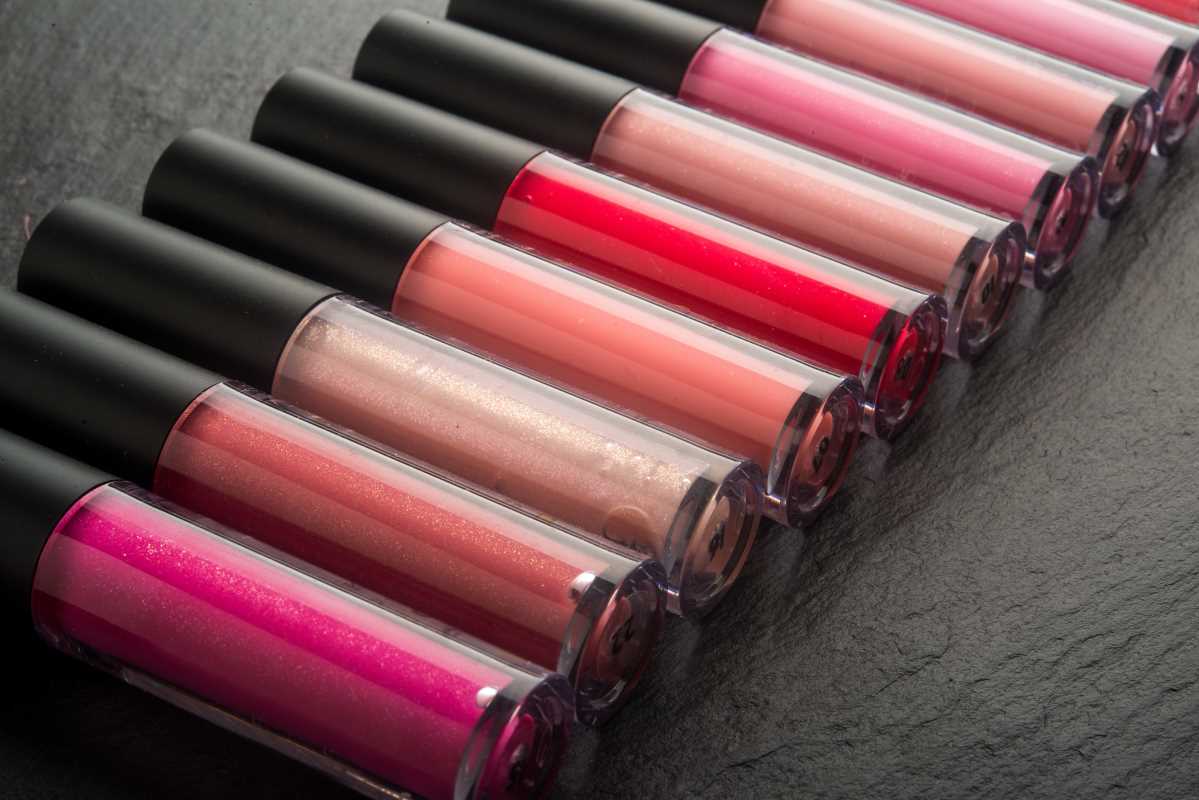Dull, frizzy hair can be a source of daily frustration. You can spend time and effort washing, conditioning, and styling your hair, only to be met with flyaways and a lack of luster. This is where a high-quality hair serum can work wonders, acting as the perfect finishing touch to your hair care routine. A good serum can instantly transform frizzy, lackluster strands into a smooth, glossy mane that looks healthy and polished. It’s like a secret weapon for achieving that salon-quality shine right at home. This guide will delve into the world of hair serums, explaining how they work and what to look for, so you can find the perfect product to unlock ultimate shine and smoothness.
Serum vs. Oil: Understanding the Key Difference
It's easy to confuse hair serums with hair oils, as they often look similar and both promise shine. The main difference lies in their fundamental purpose. Hair oils, made from natural plant extracts like argan, coconut, or jojoba oil, are designed to penetrate the hair shaft to provide deep conditioning and nourishment. They are a treatment for hair health. Hair serums are primarily styling products. Their silicone-based formulas are engineered to sit on the surface of the hair to smooth, protect, and add shine. While some modern serums now include nourishing oils in their formulas, their main function is still to provide an external coating for immediate aesthetic improvement.
Finding the Right Serum Formula for Your Hair Type
Not all hair serums are created equal. The best one for you will depend on your hair's thickness, texture, and specific needs.
For Fine or Thin Hair
If you have fine hair, you know how easily it can be weighed down by heavy products. The wrong serum can make your hair look greasy and flat instead of shiny and smooth. For this hair type, a lightweight serum is essential. Look for formulas that are specifically described as "lightweight" or "for fine hair." These serums typically use lighter forms of silicones that provide shine and frizz control without adding heavy residue. A few drops are all you need to add a glossy finish without sacrificing volume.
Product Suggestions:
- Budget: OGX Nourishing Coconut Milk Anti-Breakage Serum
- Mid-Range: Paul Mitchell Super Skinny Serum
- High-End: Kerastase Elixir Ultime L’Huile Légère
For Thick, Coarse, or Curly Hair
Thick, coarse, or curly hair is often more prone to frizz and dryness, so it can handle a more substantial, hydrating serum. Look for richer formulas that contain a blend of silicones and nourishing oils, like argan oil or marula oil. These serums provide intense smoothing and an extra dose of moisture to help define curls and tame stubborn frizz. They offer more control and a high-gloss finish that can stand up to thick, textured hair, leaving it feeling soft and manageable.
Product Suggestions:
- Budget: Garnier Fructis Sleek & Shine Anti-Frizz Serum
- Mid-Range: Moroccanoil Treatment Original
- High-End: Oribe Gold Lust Nourishing Hair Oil
For Color-Treated or Damaged Hair
Color-treated or heat-damaged hair is often porous and fragile, making it susceptible to frizz and dullness. A repairing or protecting serum is the ideal choice. Look for serums that contain ingredients like keratin, which helps to patch up gaps in the hair cuticle, or antioxidants to protect against environmental damage. Many serums for damaged hair also offer heat protection, making them a great product to apply before blow-drying or flat-ironing to prevent further damage while adding shine.
Product Suggestions:
- Budget: L'Oréal Paris Elvive Total Repair 5 Protein Recharge Leave-In
- Mid-Range: Redken Frizz Dismiss Instant Deflate Oil-In-Serum
- High-End: Olaplex No.7 Bonding Oil
Key Ingredients That Deliver Shine and Smoothness
The magic of a great hair serum lies in its ingredients. Understanding what’s in the bottle will help you choose a product that delivers on its promises.
Silicones: The Smoothing Superstars
Silicones are the foundation of most hair serums. They are the ingredients responsible for creating that signature silky, smooth feeling and high-gloss shine.
- Dimethicone and Cyclomethicone: These are two of the most common silicones found in hair products. Dimethicone is a heavier silicone that provides excellent coating and smoothing for thick or coarse hair. Cyclomethicone is much lighter and evaporates after application, leaving behind a weightless, non-greasy finish, which makes it ideal for fine hair. Silicones create a protective barrier that reduces frizz, adds shine, and provides heat protection.
Natural Oils for Added Nourishment and Shine
Many modern serums blend the cosmetic benefits of silicones with the nourishing properties of natural oils. This hybrid approach delivers both instant shine and long-term hair health.
- Argan Oil: Often called "liquid gold," argan oil is rich in fatty acids and vitamin E. It’s incredibly nourishing and adds a brilliant shine without feeling overly greasy.
- Jojoba Oil: The molecular structure of jojoba oil is very similar to the natural sebum produced by your scalp. This allows it to moisturize the hair and add shine in a very natural way.
- Marula Oil: This is a lightweight, fast-absorbing oil packed with antioxidants. It provides excellent frizz control and a silky, glossy finish.
Hydrolyzed Proteins for Strength
For serums aimed at repairing damaged hair, look for hydrolyzed proteins like silk, wheat, or keratin. "Hydrolyzed" means the protein molecules have been broken down into smaller pieces that can penetrate the hair strand and help to fortify it from within. These proteins fill in cracks in the hair cuticle, which strengthens the hair and improves its smoothness and shine.
 (Image via
(Image via





